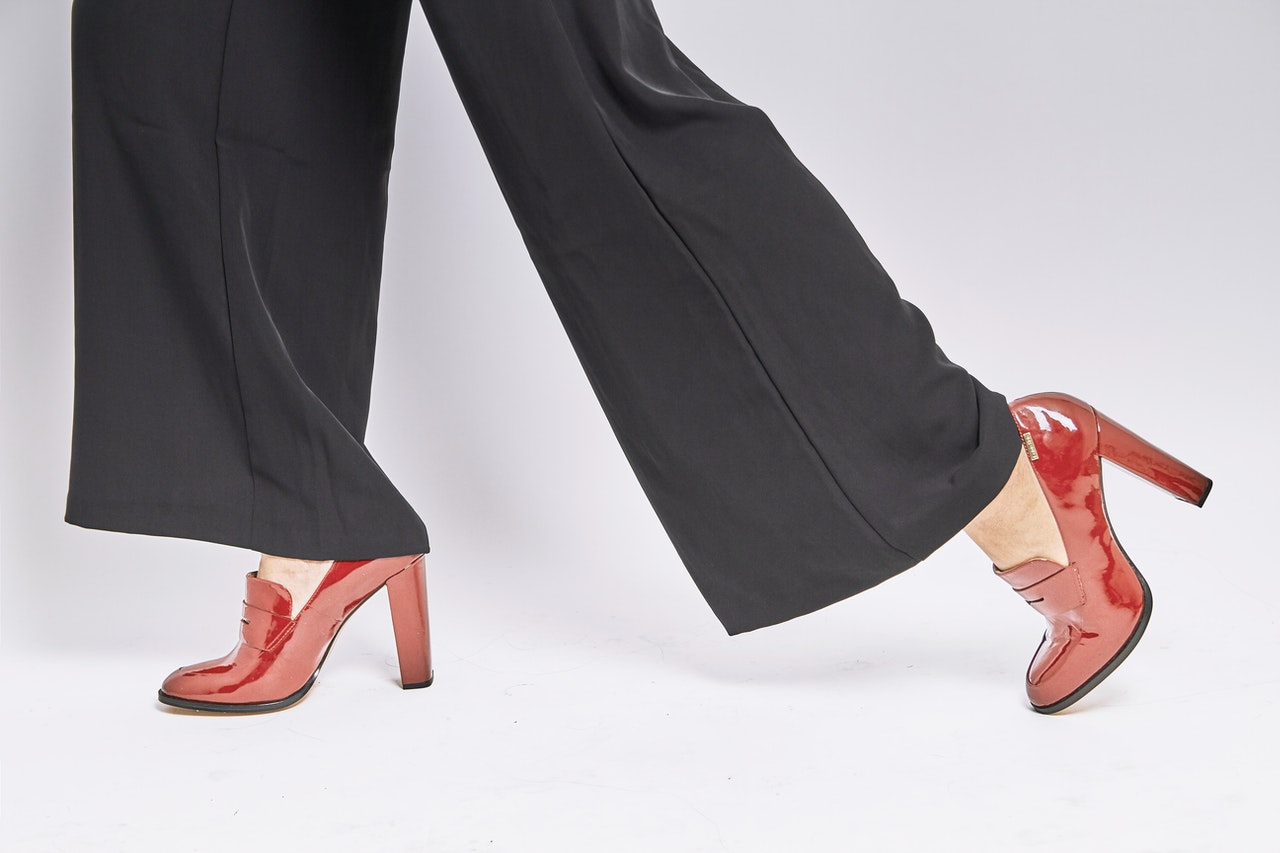Features
Adefolake Adekola: The Adverse Effects of Wearing High Heels

When I returned to Nigeria after my postgraduate degree, I came back with a box of mostly pencil heels of different colours and inches. You can only imagine how offended I was when my then boss made comments about my appearance and me not wearing heels for work. To make a point, I decided to start wearing heels almost every day, and match them with the colour of my outfit. My job involved me shuttling three states and moving around a lot so it was no surprise when I started developing back and knee pain. After a few months, I resigned and moved back home for proper treatment. The painful physiotherapy sessions put things in perspective for me.
In today’s world of fashion, many people opt for heels to complement their outfit at work, at official events, and especially parties. With the popularity of pumps, wedges, and other shoes, I believe it is important to create awareness about what is happening to our bodies when we wear heels, especially pencil heels, and give people an opportunity to make informed decisions.
I reckon I should have written this article a long time ago but I guess it has taken me a while to get my head around my own personal experience with pencil heels and how it almost changed my life forever.
Eric Baskin, a podiatrist (a specialist in care for the feet) mentions how high heels can cause pain in the spine, knee, hips, ankle and feet. According to him, when you wear heels, it shifts your body weight forward and your toes and the ball of your foot are responsible for absorbing the pressure when you stand or walk. High heels can cause a shockwave to the body from the feet through the spine which can lead to adverse effects in the body.
Some of these effects are:
- Nerve pull
- Back and knee pain
- Arthritis in the spine
- Constrict blood vessels
- Shortened Achilles tendon
- Sore calves
- Haglund’s syndrome (abnormality of the bone and soft tissues in the foot)
- Osteoarthritis
- Weak ligaments
- Hammer toes (deformity of the second, third or fourth toes)
- Bunion (painful swelling of the bursa of the first joint of the big toe)
- Metatarsalgia (pain in the ball of the foot)
- Ankle sprains
- Poor posture
- Foraminal Stenosis (the narrowing of the cervical disc space caused by enlargement of a joint)
- Hyperextension in toes (happens when you bend your big toe up toward the top of your foot too far)
Podiatrist and many health and safety specialists like me understand that high heels are not going anywhere as it is an important fashion statement, however, we believe certain measures need to be taken to protect our body from health risk.
What to do?
- Limit the number of times you wear heels
- Wear the appropriate shoe size
- Wear short heels
- Stretch your foot before and after you wear heels
- Use of orthotics (prescription medical devices that you wear inside your shoes to correct biomechanical foot issues)
- Soak your feet in warm water with Epsom salt to relax the muscles in the feet and improve circulation.
- Teenage girls should avoid wearing heels as it can affect their posture as they are still in developmental stages.
- Reduce wearing of pointed toe shoes
I remember my physiotherapist telling me that if I did not take better care of my knees, it might result in me needing surgery as my knees were weak and disjointed when I first went in for treatment. I have no plans for that to happen, so I have resolved to take better care of my body, particularly my back and knees. I eat healthy, I go on long walks, visit the gym and most importantly, I do not wear pencil heels and the only few heels I have are kitten heels and short block heels which I rarely wear.
One important piece of information is weight. He advised me to lose weight in order to reduce the pressure my body puts on the heels – which weakens my knees. Asides losing weight, I made it a point to also go to the spa regularly for deep tissue massage with special focus on my back and knee. It’s better to be safe than sorry.hea
***
Photo by Dellon Thomas from Pexels


















